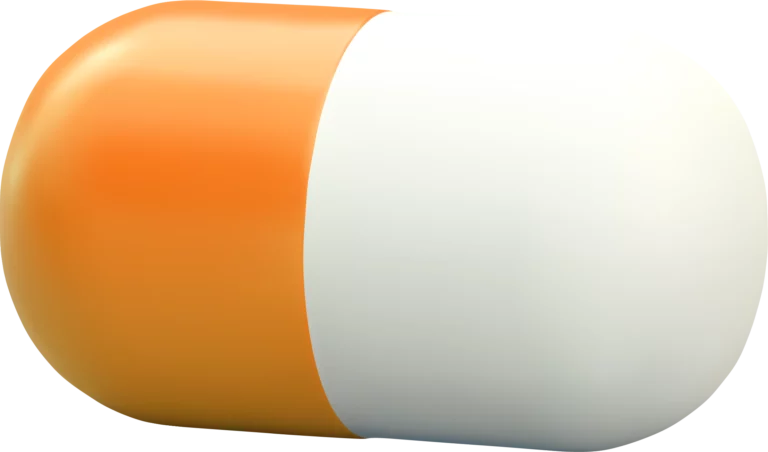-

-

-

-

-

-

-

-

-

-
The
smarter
Medicine. -
by Wolfgang Endres
-

-

-

-

-

-

-


Deficiency in the body: micronutrient analysis
Wolfgang Endres’ smarter medicine has already helped many people: The expert in orthomolecular medicine and nutrient specialist uses micronutrient analysis to identify nutrient deficiencies in the body. The analysis provides information on the early detection and targeted correction of vitamin, mineral and trace element deficiencies. Wolfgang Endres: “You may have heard that every cell in your body needs these micronutrients to function optimally. Through a targeted analysis, you can ensure that your body has everything it needs. Many health complaints are due to micronutrient deficiencies.”

What is a nutrient deficiency?
A nutrient deficiency occurs when your body does not receive the required amounts of certain nutrients. This can occur due to a poor diet, a sub-optimal lifestyle or a lack of sunlight. Nutrients are essential for many bodily functions, including growth, repair and maintaining good health. A deficiency can lead to a variety of symptoms, such as fatigue, weakness, brittle nails and hair, and in severe cases to serious health problems.
It is important to have your micronutrient status checked regularly. A micronutrient analysis of your blood by your GP provides important information about your state of health. Trace elements, vitamins and minerals are measured in your blood. These nutrients are essential for numerous bodily functions, from energy production to immune defense. Wolfgang Endres: “The analysis is carried out by a blood sample taken by your GP and the results are available quickly. Based on the results, we can ensure that you are consuming all the necessary nutrients in sufficient quantities.”

Conventional medicine and orthomolecular medicine
Wolfgang Endres works together with doctors such as Professor Dr. Werner O. Richter. “It is important to me that we work together, Conventional medicine and my disciplinework together in the interests of the patient. The differences often arise in the assessment of blood counts: standardized values are rarely the optimal values for each individual.” While conventional medicine focuses primarily on combating symptoms, orthomolecular medicine aims to improve the Optimize the balance of vitamins and minerals in the body. Orthomolecular medicine focuses on the prevention of diseases, whereas conventional medicine generally only intervenes once a disease has already broken out.

Orthomolecular medicine: Fascinating discipline
Orthomolecular medicine is a fascinating discipline that focuses on optimizing body health by adjusting nutrient intake. This method takes into account the personal biochemical uniqueness of each individual in order to create a balance and prevent illness. Vitamins, minerals and amino acids are used to promote well-being. You ask yourself: How exactly does it work?
Wolfgang Endres: “It is important to understand that our body needs certain nutrients to function optimally. If these are missing, this can lead to health problems. Orthomolecular medicine aims to fill these gaps and bring the body into an optimal state. The diet is individually adapted to the needs of the individual. With the right understanding and well-planned implementation, orthomolecular medicine can have a positive impact on health. The importance of vitamins becomes clear when there is a deficiency.

Vitamin D deficiency: symptoms
A vitamin D deficiency can cause various health problems. It is important to get enough sunlight, as our body produces vitamin D through sunlight. If you don’t get enough sunlight, you can also get vitamin D from certain foods such as oily fish and fortified foods. Symptoms of a vitamin D deficiency can include muscle weakness, tiredness and depressive moods. A serious deficiency can even lead to bone loss. It is therefore important to ensure that your vitamin D levels are sufficient and to consult a doctor if you suspect a deficiency.

Vitamin C deficiency:Symptoms
Vitamin C deficiency? You could feel tired and listless all the time or fall ill with infections more often. You could also suffer from bleeding gums, muscle weakness or joint pain. It is important to get enough vitamin C from your diet to avoid such problems. Good sources of vitamin C include citrus fruits, peppers, strawberries and broccoli.

B12 deficiency: symptoms
A B12 deficiency can cause various unpleasant symptoms. You may have difficulty thinking and concentrating, or even develop neurological problems. It is important that you stick to a balanced diet to ensure that you get enough of this important vitamin. Animal products such as meat, fish, eggs and dairy products contain B12 in particular. If you follow a vegan or vegetarian diet, B12-enriched foods or supplements may be helpful.















